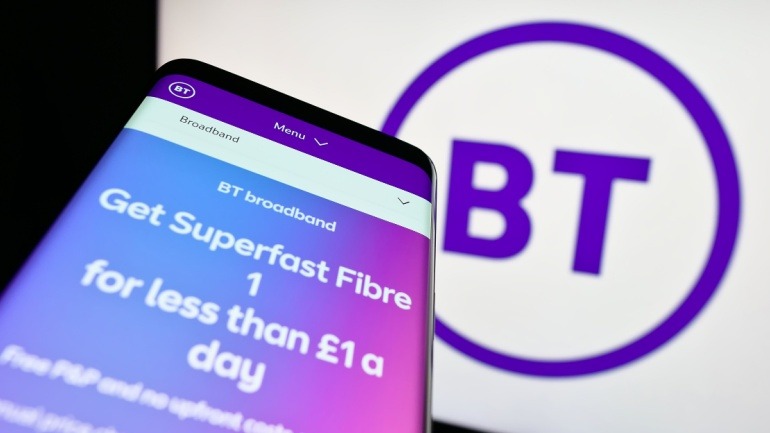Several prominent telecommunications companies including BT, Virgin Media O2 (VMO2), and Vodafone have been announced as beneficiaries of UK government funding for research related to Open RAN technology. This is part of the Department for Science, Innovation and Technology’s (DSIT) ‘Open Networks Ecosystem’ (ONE) initiative which began in March.
A striking 19 projects were chosen to share the £88 million ($121 million) funding, each comprising various operators, software developers, vendors, chip manufacturers, and academic researchers. Projects are broad in scope, spanning energy efficiency, automation, security, private networking and neutral host networks, to name a few.
Sir John Whittingdale, UK’s Minister for data and digital infrastructure, expressed the importance of a diverse range of technology to ensure a fast and reliable mobile connection for the public. “The projects we’re backing today with £88 million in government research and development investment will use innovative Open RAN solutions to make our mobile networks more adaptable and resilient, with future-proofed technology,” he said.
High Demand Density (HDD) environments are a significant area of focus for many of these projects, with the main aim of determining whether Open RAN technology can match or surpass the performance of traditional RAN. This is particularly important in areas with a high volume of foot traffic in terms of capacity, cost, reliability, and energy consumption.
NEC and Freshwave’s NAVIGATE project, for instance, received £3.32 million to design, test and validate Open RAN 5G networks in the City of London. Similarly, the portable cell on wheels (CoW) project partnered by VMO2 received £1.14 million to provide coverage at crowded events.
It’s not just bustling city centres that are benefiting from this innovative tech. The Dorset Open Network Ecosystem (DONE) project received £3.62 million to perfect the blueprint for rural Open RAN deployments, aiming to deliver results that are cheaper, faster and more environmentally friendly.
BT is also heavily involved, most notably with the ARIANE project (accelerating RAN intelligence across network ecosystems). This project received over £6m to test the effects on Open RAN performance when multiple apps are running concurrently, which sounds promising for the broad range of industries relying on these networks.
All the winning projects will receive funding until March 2025. By then, the industry should have a clearer understanding of Open RAN’s potential. It’s an exciting time in the telecommunications landscape, as we pull together to support and develop technology that will improve our network resilience and adaptability for years to come.







